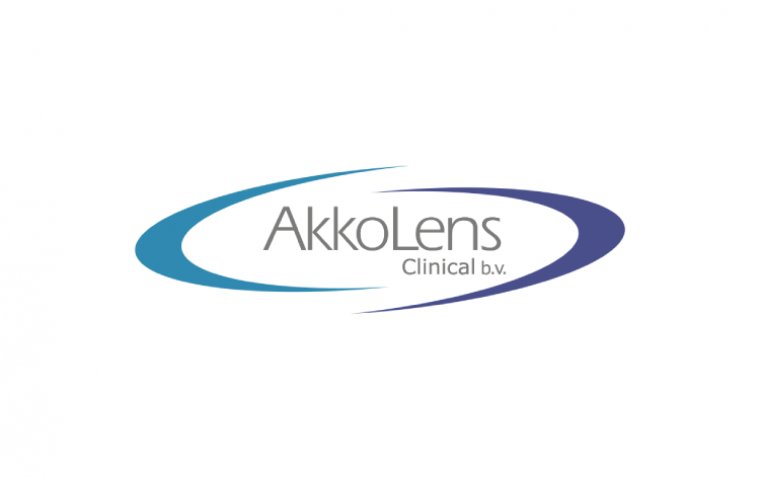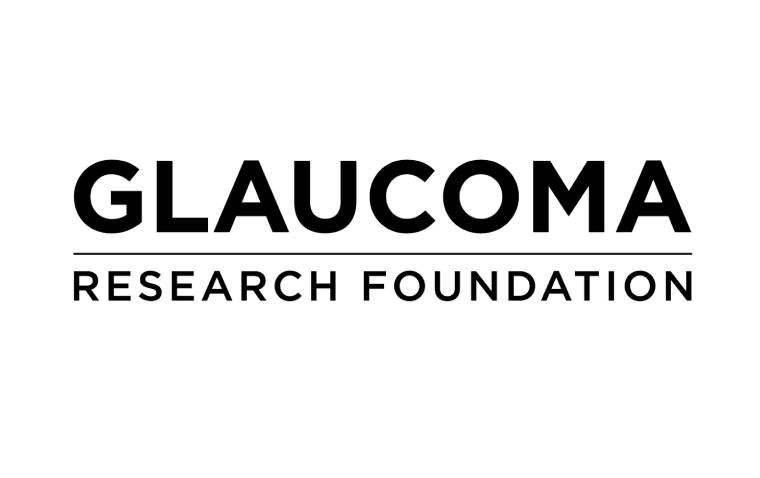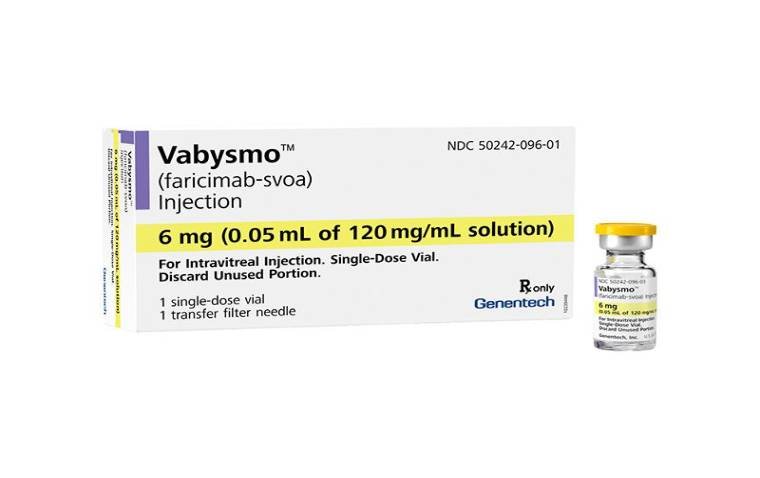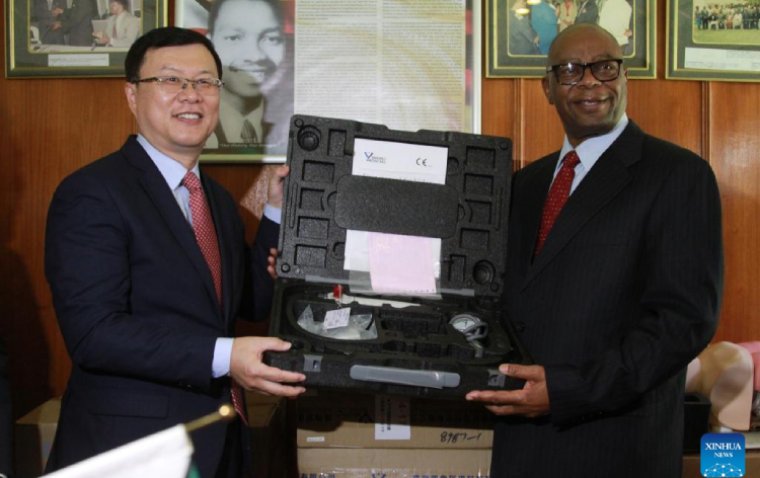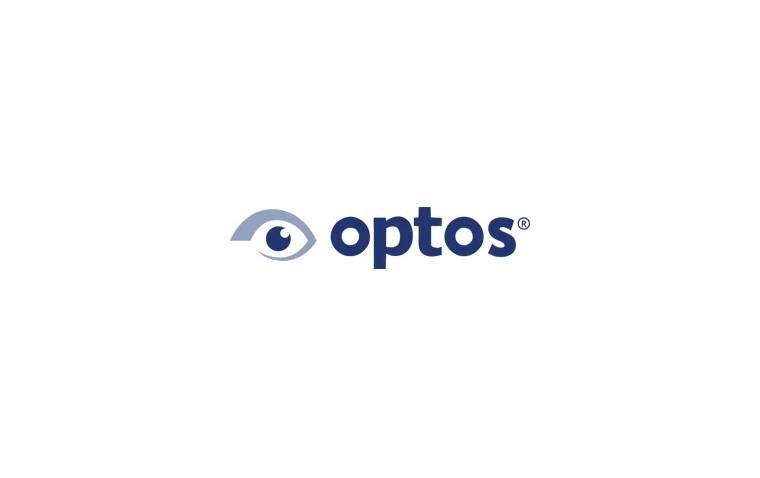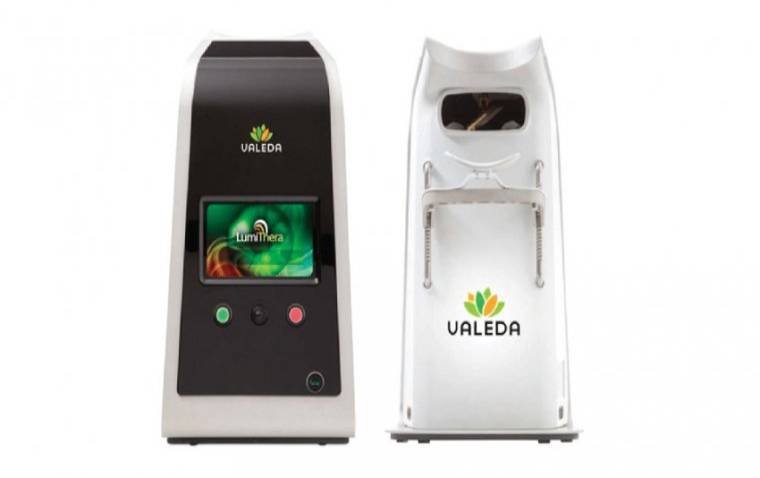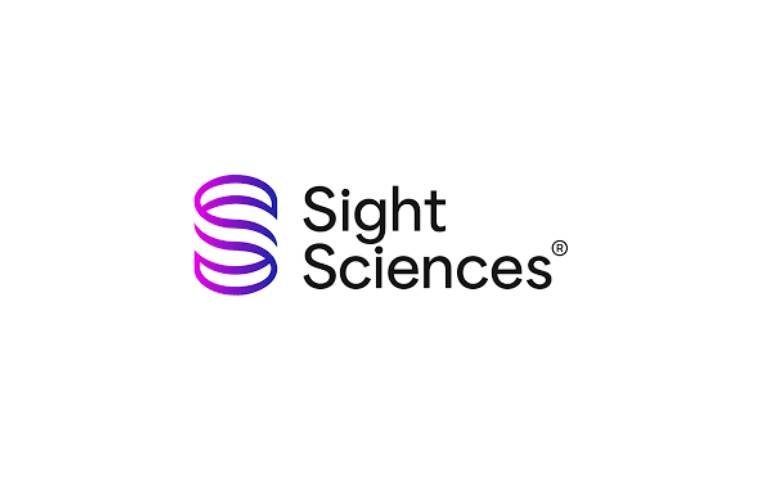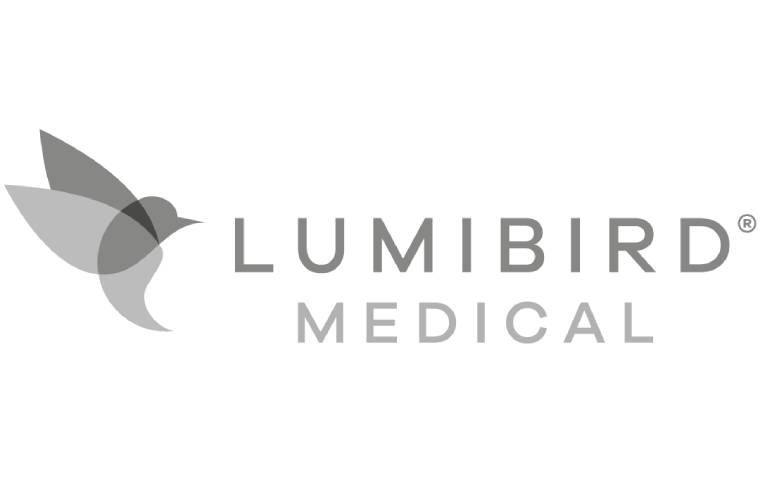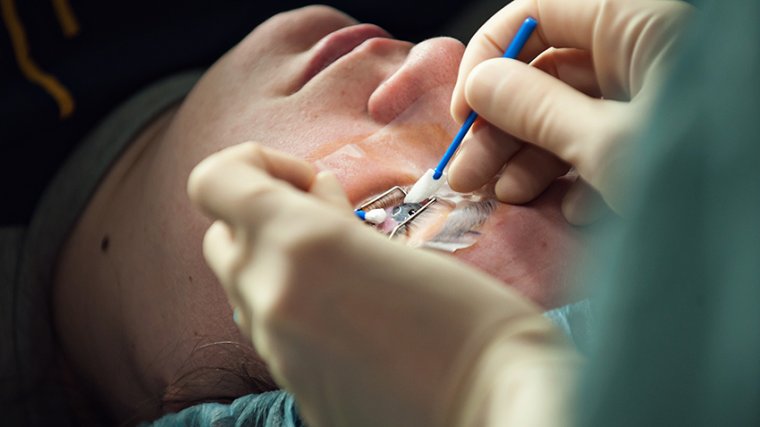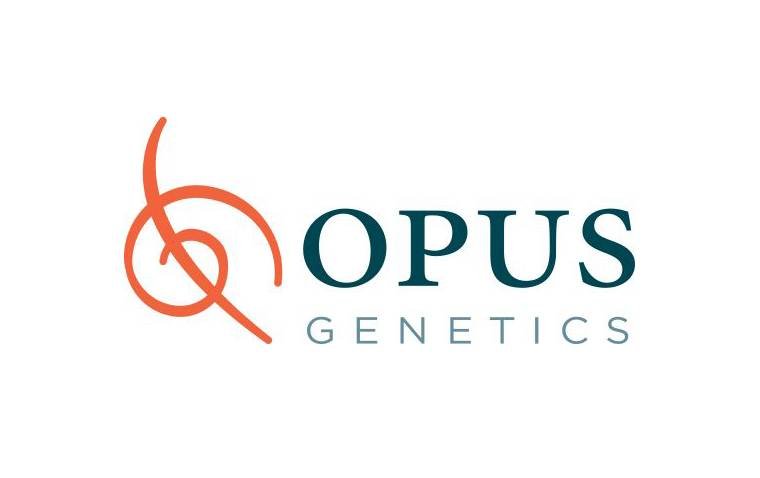
Opus Genetics Receives FDA SPA Agreement for Phase 3 Trial of APX3330 in Diabetic Retinopathy
Opus Genetics has announced a key regulatory milestone, securing a Special Protocol Assessment (SPA) agreement with the U.S. Food and Drug Administration (FDA) for its Phase 3 clinical trial of APX3330. The oral treatment is being evaluated for moderate to severe non-proliferative diabetic retinopathy (NPDR).
What is a Special Protocol Assessment (SPA)?
An SPA agreement signifies the FDA's alignment with the proposed Phase 3 trial design, endpoints, and planned analyses, indicating that the trial will meet the requirements to support a new drug application (NDA) submission, contingent on its success.
Phase 3 Trial Design for APX3330
Primary Endpoint
The agreed-upon primary endpoint for the trial is:
• Reduction in 3-step or greater worsening on the binocular diabetic retinopathy severity scale (DRSS), compared to placebo.
Background Data
In the previous Phase 2 ZETA-1 trial, APX3330 demonstrated:
• Potential to slow or prevent progression of diabetic retinopathy.
• A favorable safety profile.
Statement from Leadership
Dr. George Magrath, CEO of Opus Genetics, emphasized the importance of this regulatory alignment:
“This SPA agreement reflects our alignment with the FDA on the design of a Phase 3 trial for APX3330 and is a testament to the team’s developmental and regulatory acumen. If successful in Phase 3 and subsequently approved, APX3330 has the potential to be a transformative treatment option for patients with NPDR.”
Magrath also highlighted the strategic plan for APX3330:
“We believe that having this SPA in place will help de-risk certain regulatory aspects of this program. Our intention is to seek a partner for APX3330 to fund further development, as we focus our resources on advancing our gene therapy candidates for IRDs.”
Next Steps
With the SPA agreement in place, Opus Genetics aims to initiate the Phase 3 trial to confirm the efficacy and safety of APX3330 in preventing progression of diabetic retinopathy, a condition affecting millions of individuals worldwide.
If successful, APX3330 could represent a transformative oral treatment option for NPDR patients, reducing the need for invasive interventions.
(1).jpg)
